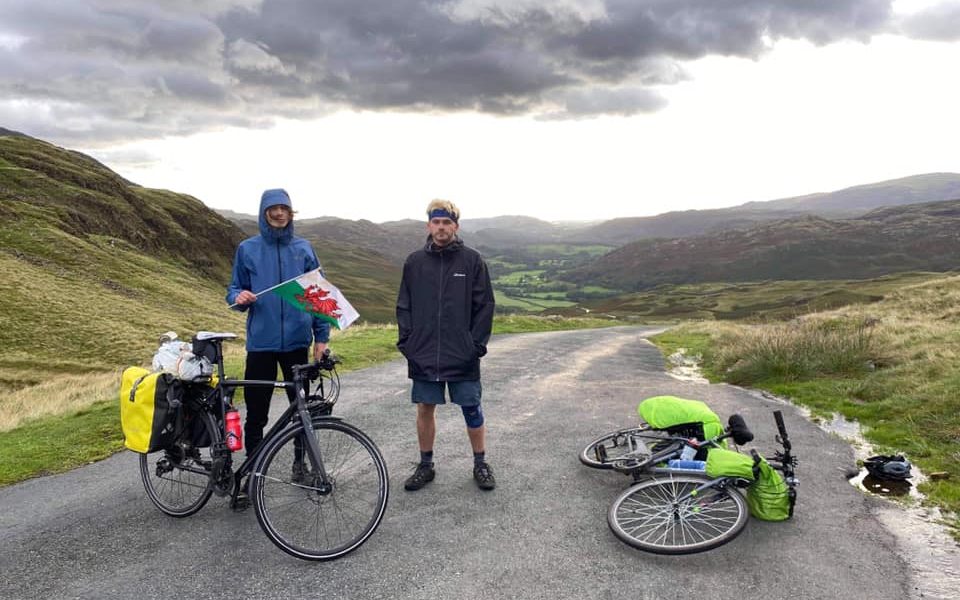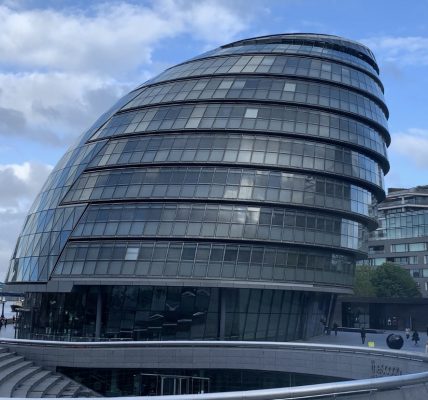On the 23rd of March this year, Britain entered a long-awaited national lockdown. Some say it came too late, and others say it wasn’t necessary at all. What we can all agree on however, is the cataclysmic effect it’s had on this nation’s mental health crisis.
Suicide was already on the rise before lockdown even set in. There were a recorded 5,691 suicide related deaths (4,303 men and boys) in England and Wales in 2019, up 321 from the year previous. Suicide rates in female under 25 have increased by 93.8% since 2012.
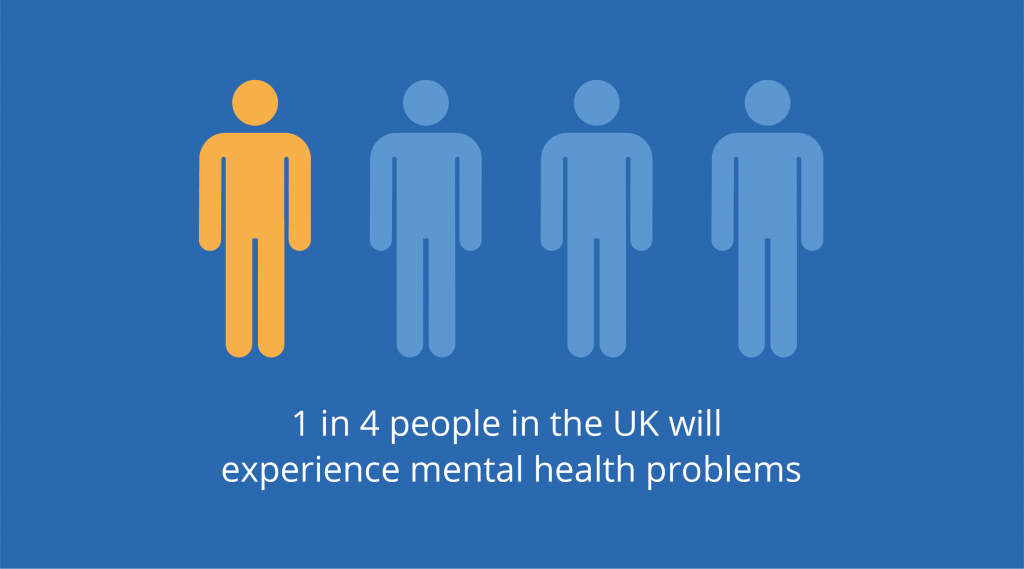
Adrian James, president of the Royal College of Psychiatrists, said: “The current pandemic and its impact on people’s mental health reinforces the need for substantial and sustained government funding to ensure that there is a mental health system where no one, including those at risk of suicide, is unable to access the care they need.”
At lockdown’s peak people found themselves cut off from their support networks. Those with mental health problems struggled to get regular medication, counselling sessions were now held remotely online, and every dark aspect of their struggle was only heightened. Victims of abuse were now trapped in isolation with their abusers, with no seeming escape. The mental health crisis was yet another pandemic at its peak.
The Office for National Statistics has in-fact revealed that for the second quarter of 2020, the peak of the covid-19 pandemic, showed 6.9 deaths by suicide per 100,000 people, the lowest of a quarter since 2001. However, they have admitted these figures should be “interpreted with caution” as the COVID-19 pandemic resulted in inquests being delayed.
They said: “Given the length of time it takes to hold an inquest (around five months), we do not currently know the total number of suicides that occurred during the coronavirus pandemic.”
With the government’s catastrophic handling of the pandemic so far, it wouldn’t so far as to say these figures are way off the mark.
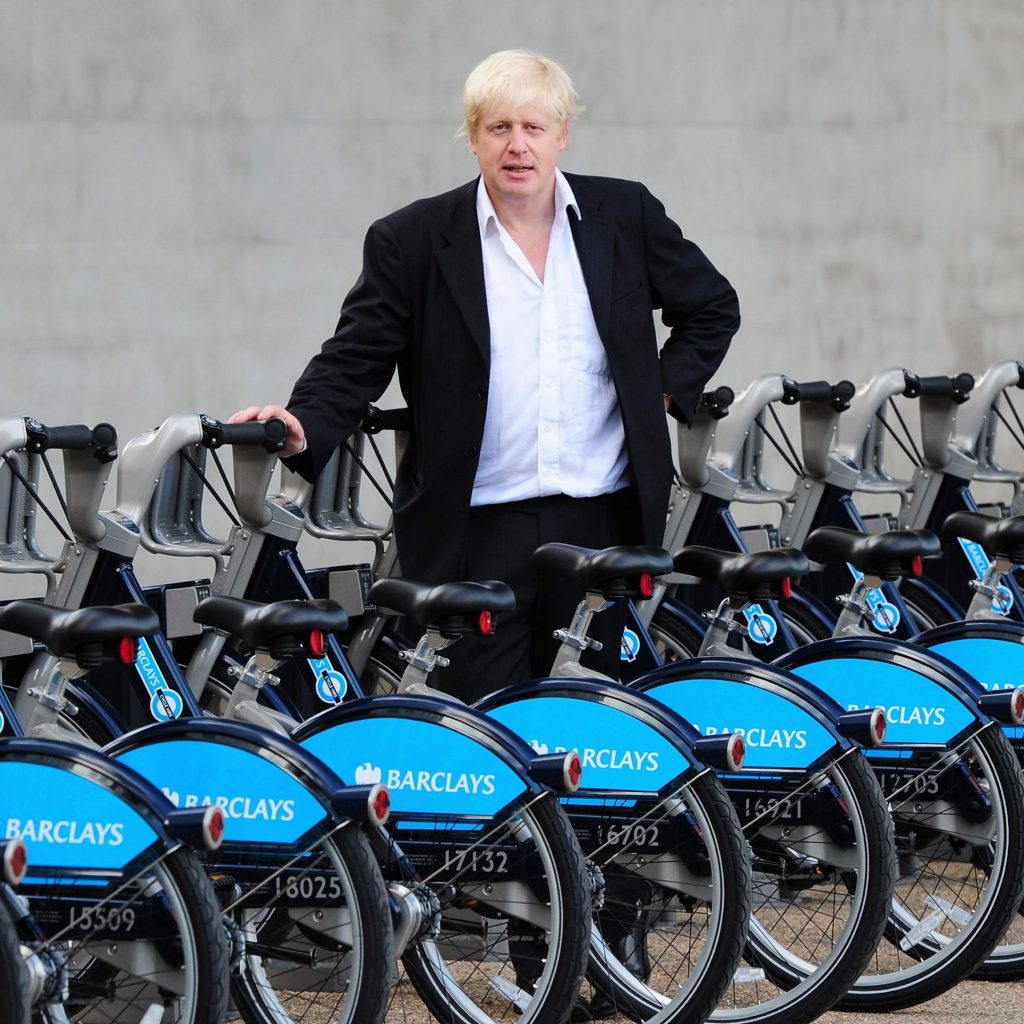
I myself have suffered with mental health conditions since a very young age, and did not get fully diagnosed till I was 22, six years after I’d been initially assessed. I resented the system, and loathed every appointment I attended due to the self-perceived ignorance I was receiving. Lost records were a common trend for myself, repeating myself for years I grew angry and resentful. It was over a year waiting list to see a psychiatrist, with little help other than a repeat prescription of Valium and sleeping tablets for the entire long drawling period. After I’d been diagnosed, I realised the fault did not lay at the door of the GPs, nurses, counsellors etc, but instead with the total lack of support from the government. There simply needs to be more funding, suicide is on the rise in arguably every sub category and those in need are relying more and more on charities such as MIND.
The MIND charity was set up in 1946 and has ever since lobbied to increase awareness of mental health and support those in desperate need. Stephen Fry, who famously disappeared in the 90’s due to a manic bipolar episode, is President, and the fitting empathetic face of MIND.
Myself along with two friends, a trainee doctor, and a nurse on a psychiatric ward, all whom have glowing CVs in regards to mental health, challenged ourselves to climb the three peaks and cycle in-between in order to raise money for MIND. It was without doubt the most tiring thing I’ve ever put my body through…aside from the Valium and sleeping tablets.
As we do in life, we didn’t choose the easy route. Deciding to tackle the challenge during the worst weather of the year, encountering three torrential storms, Ellen, Francis, and some other swine that’s name escapes me.
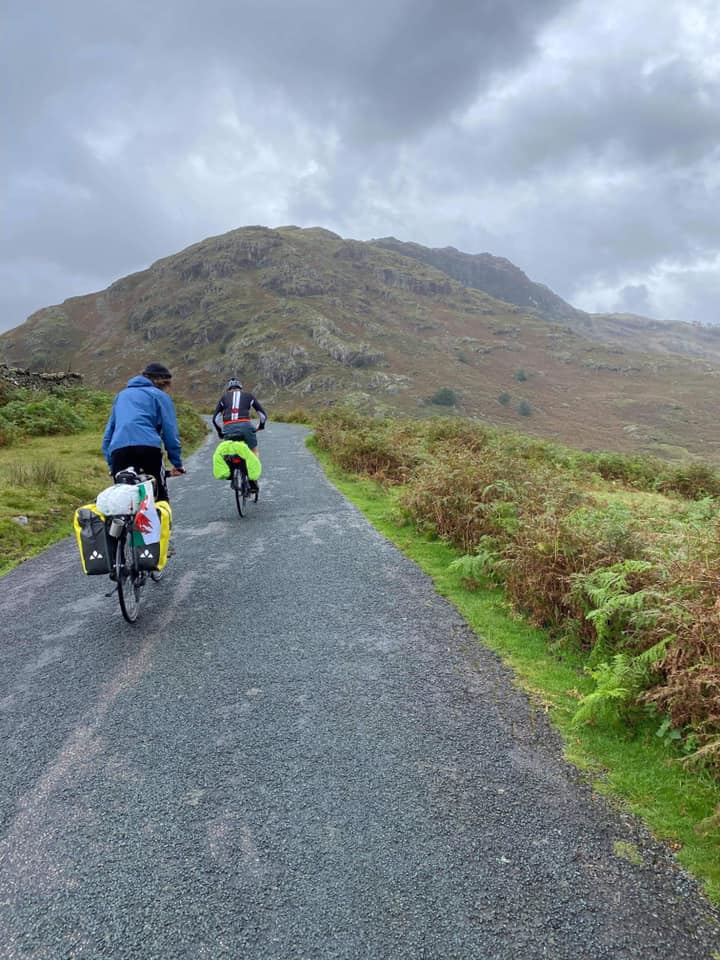
The climbs were the easiest part by far, the cycle itself was physically demanding for sure. 70+ mile rides with all our camping equipment on the back of the bike, riding for 12 hours sometimes due to our inept navigation skills, we certainly saw a lot of the country. Wild camping was interesting, we only nearly got shot once by one disgruntled farmer, who after learning our cause, gave us an extra five minutes to clear off. The most challenging though, and rather poignantly, was the mental battle. The conditions played a part for sure, we fought and bickered, and depression set in multiple times over the two weeks. Yet we overcame this through what MIND offers majestically, and that is support, a tear drenched shoulder. We helped each other when one of us was down more than the other, hugs dished out more than a grandma at your graduation, long chats at night in camp, spurring each other on, numerous renditions of Robbie Williams’s ‘Angels’, and somehow, we got through it.
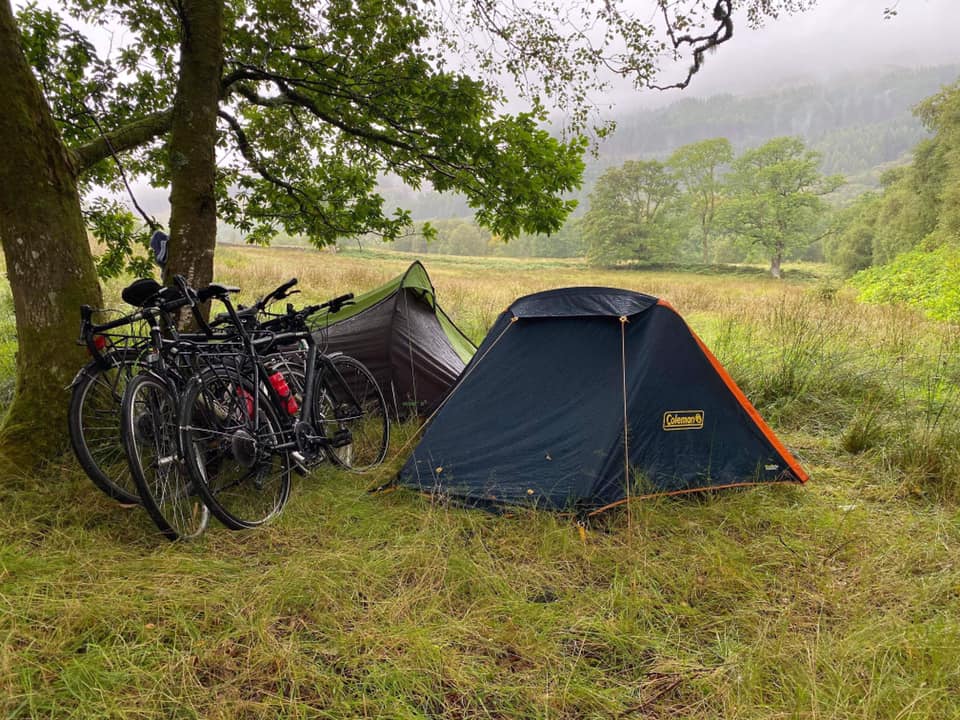
The cycle illustrated wonderfully that even when you’re faced with a physical challenge, that can in-fact be dwarfed by the extremity of the mental side. Your mental health is just as important as physical. We raised £1774 altogether, £1000 more than our initial target. We were indeed truly humbled.
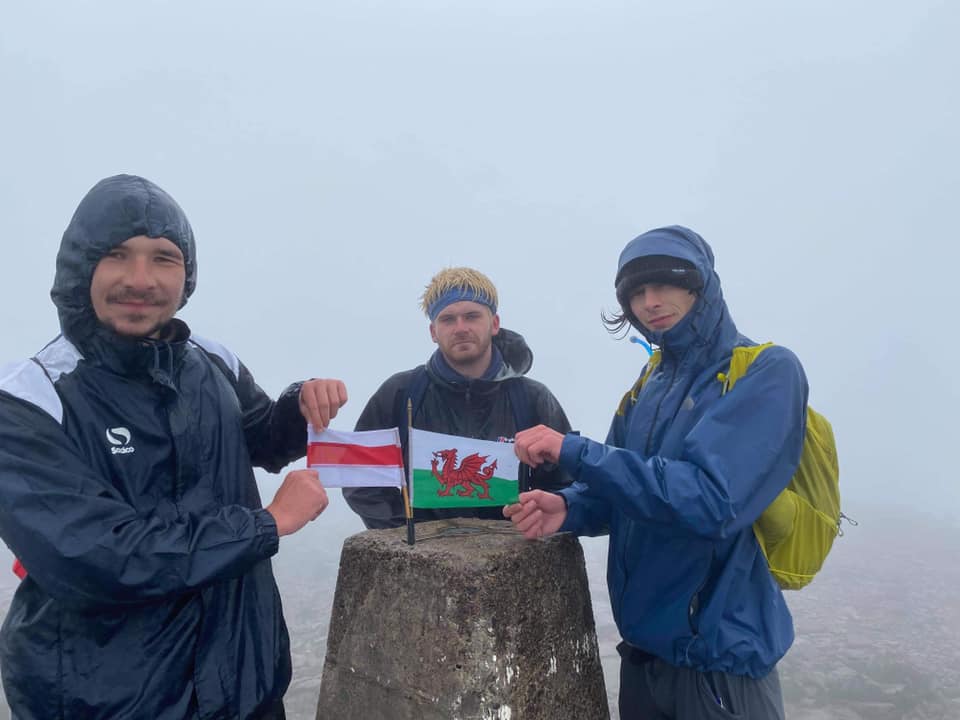
We raised money for a great cause, but it still left a bitter after taste. Drunk on our achievement we all came to a realisation. Why should it take three people to cycle 500 miles and climb three mountains to raise almost two thousand pounds for a mental health charity? Why does it fall on the public’s shoulders? The government need to drastically inject the services with much needed funding, the figures speak for themselves. Yes, we’re fighting one pandemic, but there’s been another on our shores for years.
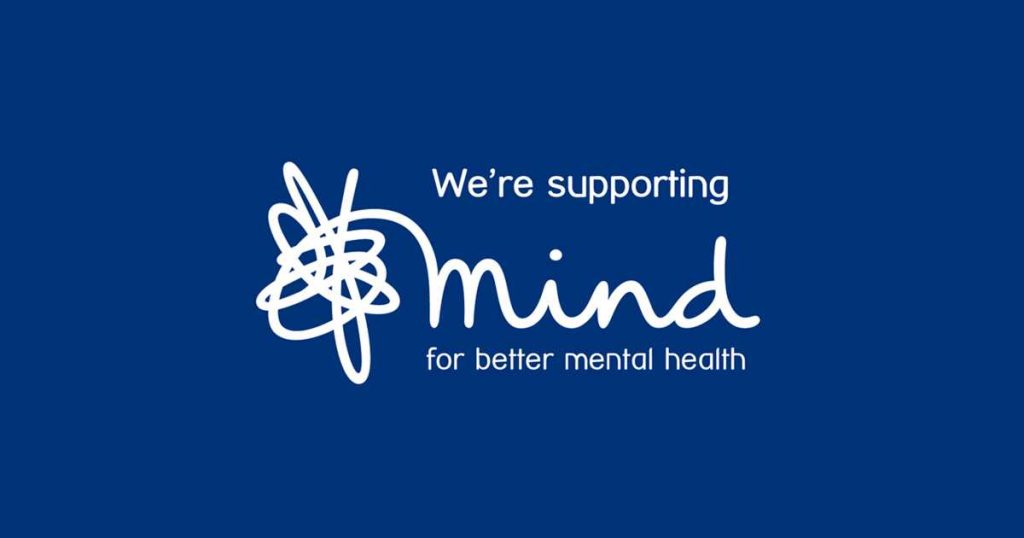
If you or anyone you know is experiencing mental health problems, visit www.MIND.org.uk

